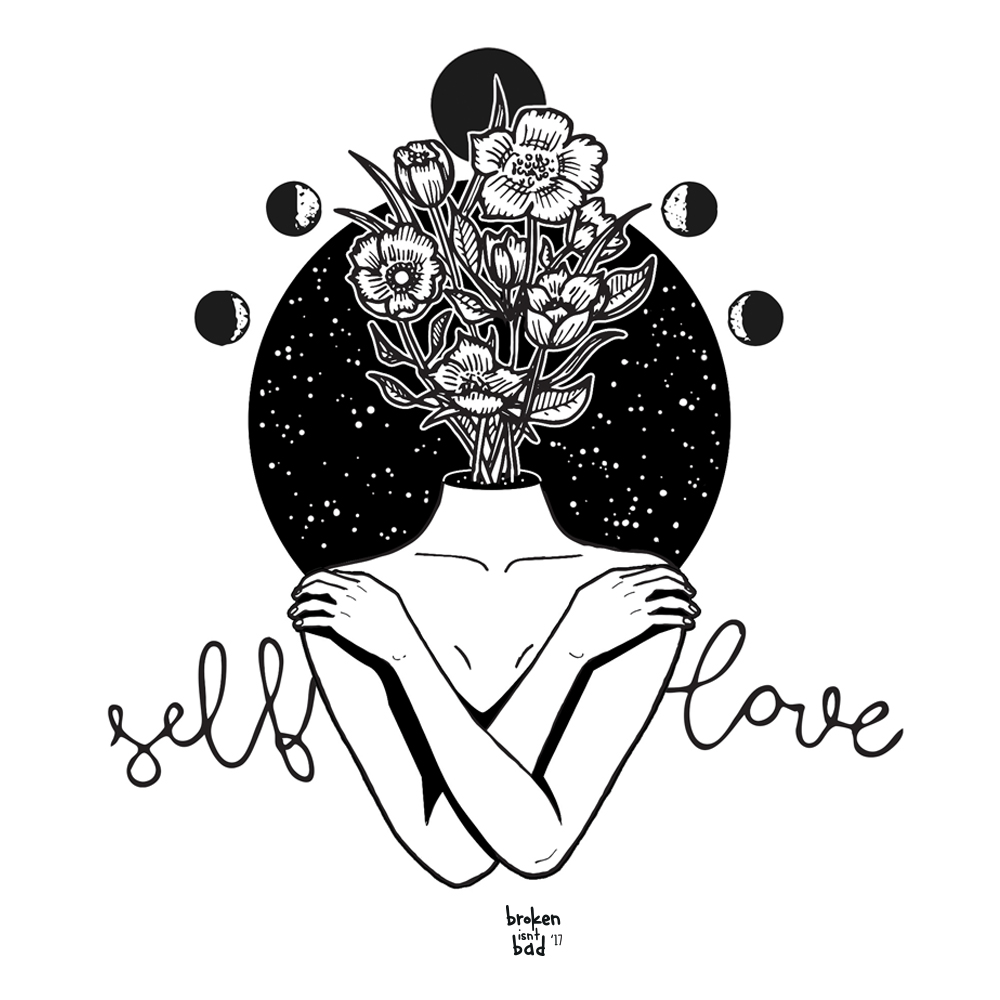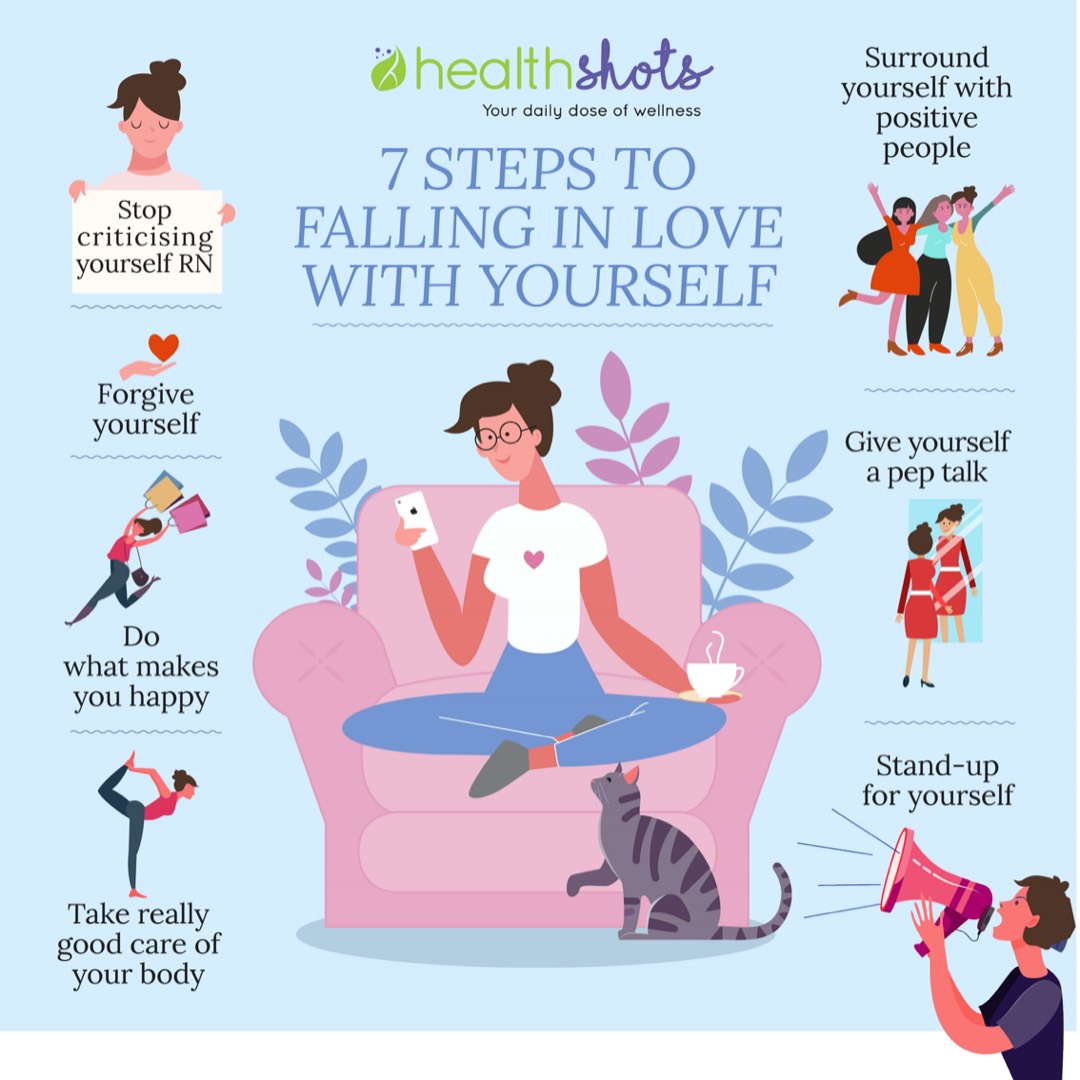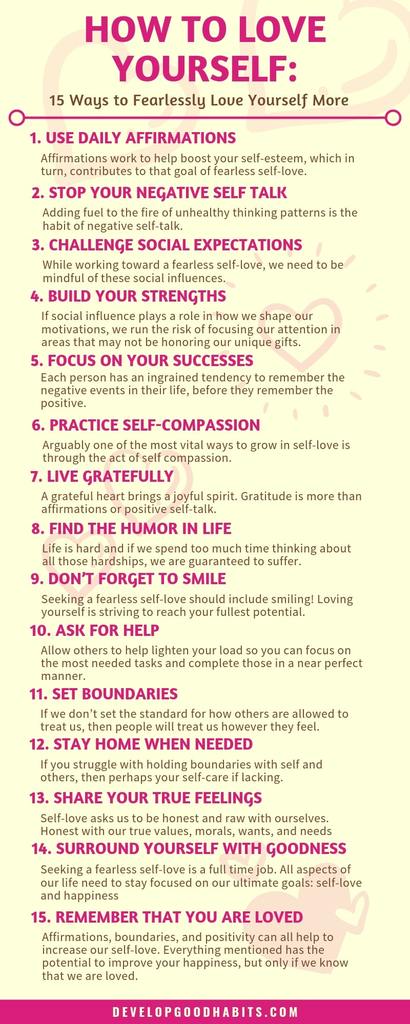There is a line in the 2007 Bollywood movie, “Jab We Met” where the female lead, Geet, played by Kareena Kapoor, tells the male lead, Aditya, played by Shahid Kapoor, that “Main to apni favourite hoon”, translated to “I am my favourite”. This iconic line is, to me, the essence of what self-love is.
In the hustle and bustle of our daily lives, it’s all too easy to lose sight of the most important relationship we’ll ever have — the one with ourselves. Self-love, a concept often misunderstood or overlooked, holds the key to personal growth, resilience, and a life of fulfilment.
Self-love, defined as the love of self or regard for one’s happiness or advantage, has been conceptualised both as a basic human necessity and as a moral flaw akin to vanity and selfishness, synonymous with amour-propre, conceitedness, egotism, narcissism, etc. However, today, self-love has adopted a more positive connotation as well through the increase in mental health awareness that promotes self-love as intrinsic to self-help.
Self-love is a state of appreciation for oneself that grows from actions that support our physical, psychological and spiritual growth. Self-love means having a high regard for your well-being and happiness. It means taking care of your own needs and not sacrificing your well-being to please others, and it means not settling for less than you deserve.
Self-love is not narcissism, arrogance, or self-indulgence. Rather, it is the deep appreciation, acceptance, and compassion we nurture towards ourselves. It’s about recognising our worth, valuing our unique qualities, and embracing our imperfections as part of our journey of growth. Self-love is the foundation upon which we build a life that aligns with our values, passions, and aspirations.
Self-love is important to every one of us. When we cultivate self-love, we develop a strong sense of self-acceptance. This allows us to be authentic, honour our true selves, and live in alignment with our core values. Through this process, we discover inner peace as we release the need for external validation and embrace our innate worthiness. Self-love creates a nurturing environment for mental and emotional well-being. By practising self-compassion, we develop resilience in the face of challenges and setbacks. We learn to manage stress, anxiety, and self-doubt with kindness, empowering ourselves to bounce back stronger and cultivate a positive mindset. The foundation of any healthy relationship begins with self-love. When we love and respect ourselves, we set healthy boundaries, communicate effectively, and attract relationships that uplift and support us. By valuing our own needs and desires, we create space for deeper connections built on mutual respect and understanding.
So how do we develop, cultivate and nurture self-love? There are various ways one can become more in love with ourselves. Developing self-love begins with self-awareness. Take time to reflect on your thoughts, emotions, and patterns of behaviour. Notice your inner dialogue and challenge self-critical thoughts. Journaling, meditation, and therapy can be powerful tools for self-discovery and nurturing self-awareness. People who have more self-love tend to know what they think, feel, and want. They take actions based on need rather than want, and by staying focused on what they need, they turn away from automatic behaviour patterns that get them into trouble, keep them stuck in the past, and lessen self-love.
One also needs to practice self-compassion and treat oneself with the same kindness and compassion they would extend to a dear friend. Embrace your flaws, celebrate your successes, and acknowledge your efforts. Embracing self-compassion helps us break free from the grip of perfectionism and fosters a nurturing environment for personal growth.
Self-love requires actively prioritising self-care. You should engage in activities that bring joy, recharge energy, and support your overall well-being. People high in self-love nourish themselves daily through healthy activities, like sound nutrition, exercise, proper sleep, intimacy and healthy social interactions. Start truly caring for yourself by mirroring that in what you eat, how you exercise, and what you spend time doing. Do stuff, not to get it done or because you have to, but because you care about yourself.
Boundaries are essential for self-love. Learn to say no when your well-being is at stake, and establish limits that honour your time, energy, and emotional capacity. Setting boundaries allows you to create space for self-care, pursue your passions, and protect your mental and emotional health. Surrounding yourself with positive influences—whether it be supportive friends, inspiring mentors, or uplifting content—can reinforce self-love. Choose relationships and environments that foster growth, encouragement, and acceptance.
Lastly, to practice self-love, start by being kind, patient, gentle and compassionate to yourself, the way you would with someone else that you care about.
Self-love can mean something different for each person because we all have many different ways to take care of ourselves. Figuring out what self-love looks like for you as an individual is an important part of your mental health. Self-love is a lifelong journey that requires conscious effort, patience, and compassion. By embracing our worth, nurturing self-acceptance, and prioritising self-love, we can unlock our true potential and create a life of authenticity, inner peace, and fulfilment.




